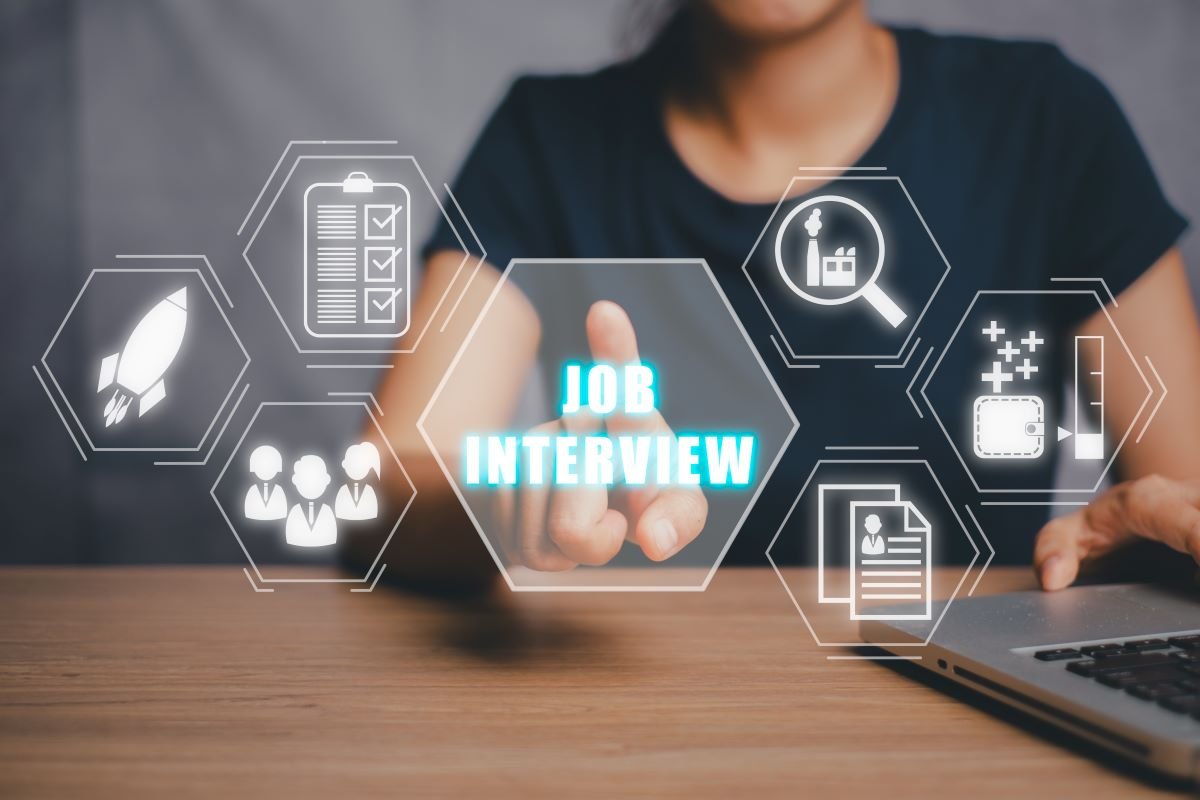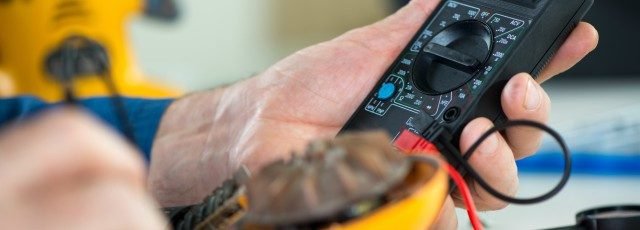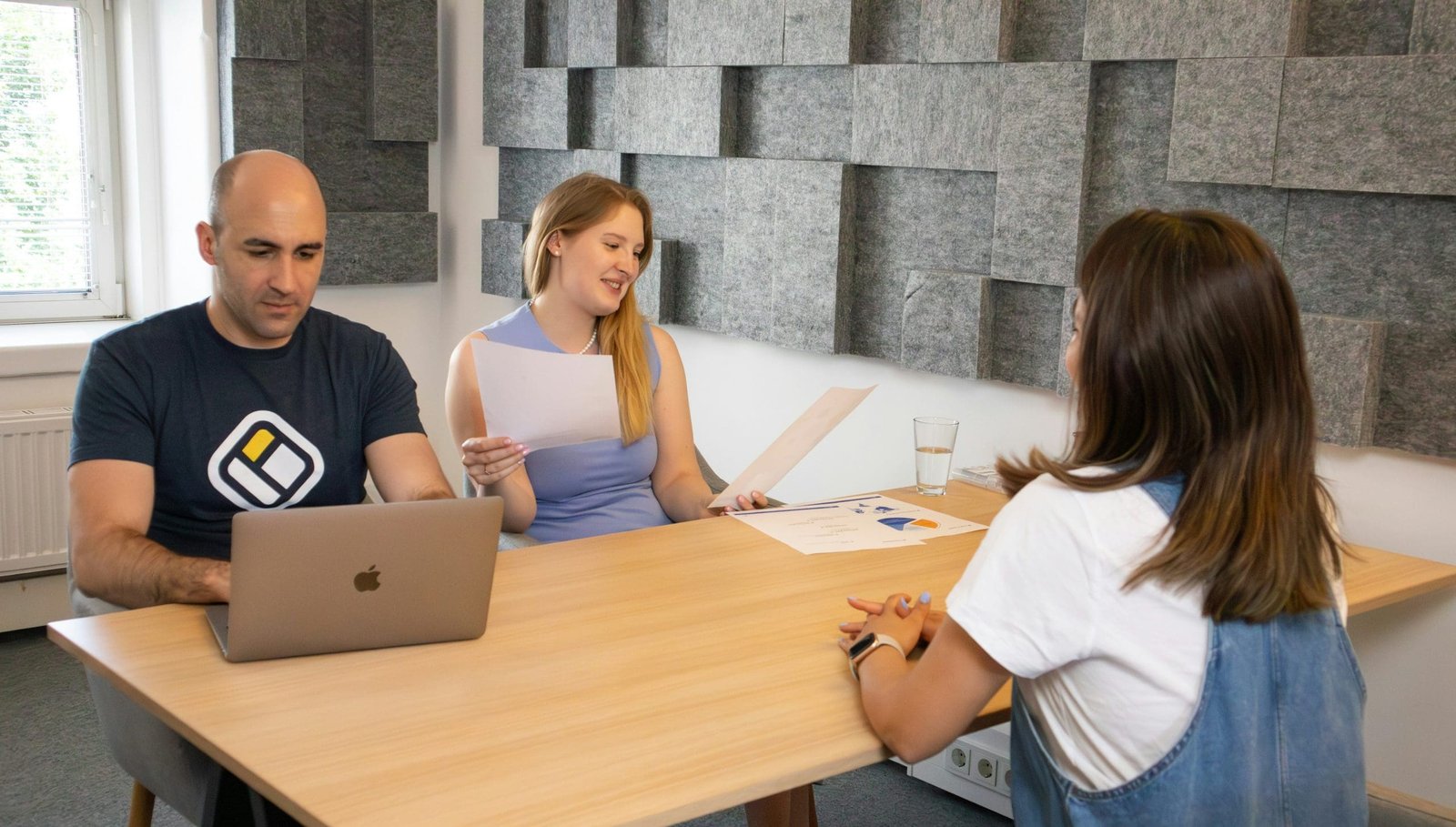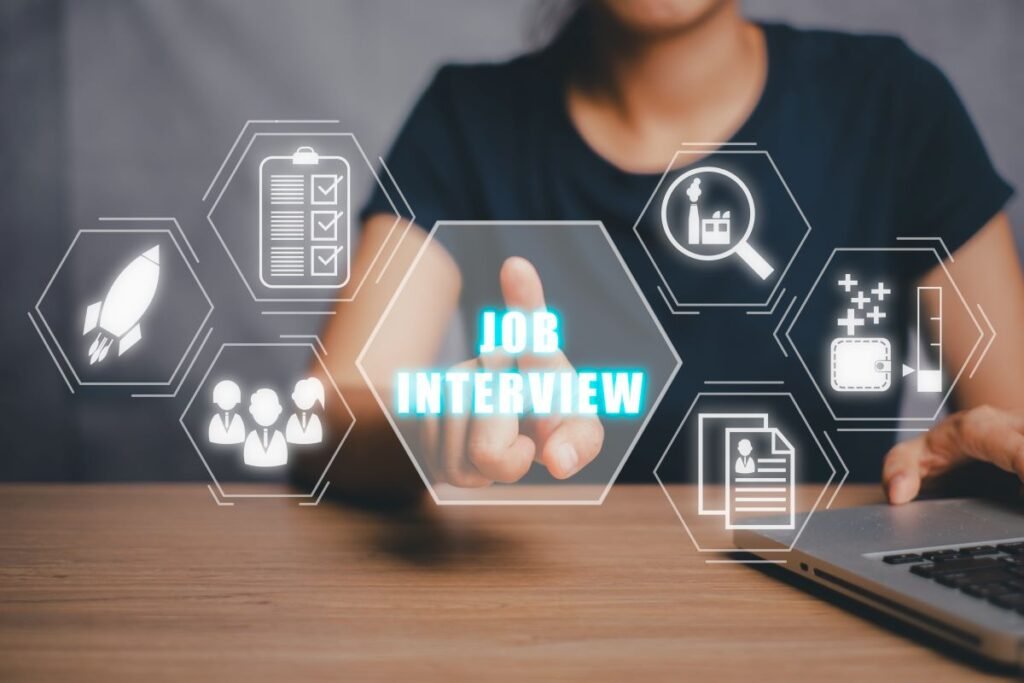
Interview Preparation Guide
After spotting a role you like, polishing your CV, and sending in your application, the next big step is the interview.
Prepping for your first interview can feel overwhelming, and it’s totally normal to be a little nervous. But with these tips and tricks, you can calm those nerves and make sure your interview goes as smoothly as possible.
Most grad job interviews run for about an hour, though phone and technical interviews are usually shorter.
In this guide, you’ll find advice for before, during, and after your interview to help you feel ready and confident.
General Interview Tips

What Happens in a Job Interview?
Job interviews usually come after recruiters or employers review CVs from applicants. The best candidates get invited to interview because it’s one of the most effective ways to assess potential hires.
If there’s tough competition or the role is highly desirable, there might be multiple interview rounds. Early rounds often involve fewer interviewers, take less time, and go into less detail than final-stage interviews.
Interviews can be one-on-one, in groups, or even open formats. They can range from super structured and formal to relaxed and informal—it all depends on the employer.
Telephone Interviews

A common first step is the phone interview. This is especially handy when candidates aren’t local or when employers need to screen lots of applicants without face-to-face meetings. Phone interviews save time and money for both sides.
After all candidates are interviewed, the employer picks the best fit and moves forward with job offer discussions.
Typical Job Interviews

A standard job interview usually means a candidate meeting with one to three people from the company—often a potential supervisor, an HR rep, and sometimes a senior team member.
Most interviews last between 15 minutes and two hours. You’ll likely answer questions about your work history, personality, work style, and other job-related topics.
Near the end, you’ll usually get a chance to ask your own questions. This is a great opportunity to learn more about the role and company while showing your interest.
The main goal of the interview is for the employer to see if you’re a good fit—but it’s also your chance to check if the company and role suit you.
Lower-skilled or entry-level roles tend to have simpler interviews, while more competitive jobs (like grad positions) often involve tougher, more detailed interviews. Bigger companies usually have more intense interview processes too.
Some industries have specific interview styles:
- Consultancy jobs? Expect case study interviews.
- Tech roles? You’ll likely face technical interviews.
- Graduate schemes? Many firms now use assessment days with group exercises, presentations, and tests.
Why Interviews Matter So Much
A bad hire can cost an employer a lot—training, severance, lost productivity, re-hiring, and more. That’s why interviews are such a big deal.
Different Types of Interviews (2025)

There are loads of interview styles, but here are some of the most common:
Competency-Based Interviews

These are all about past behavior predicting future performance. Interviewers ask for real-life examples of how you handled situations.
Sample questions:
- “Tell me about a time you led a project. What did you do?”
- “Describe a time you worked with someone you didn’t like.”
- “Give an example of something innovative you did that made an impact at work.”
- “What happened the last time you missed a deadline?”
Technical Interviews
.jpg&w=1920&q=75)
These focus on problem-solving and creativity, testing your analytical skills and how you tackle challenges.
Some interviews include a presentation to see how you perform under pressure—just like you might on the job.
Job Interview Discrimination

In many places, it’s illegal to discriminate based on race, gender, age, marital status, etc. Questions about these topics are off-limits.
Before Your Interview

1. Research the Company
You’ll probably get asked, “What do you know about us?”—so be ready.
Quick research tips:
- Check the company’s website (especially the About page).
- Follow them on social media.
- Set up Google Alerts for company news (saves time!).
Go the extra mile:
- Look at recent marketing campaigns—shows you’re up-to-date.
- Read the mission statement—think how you fit in.
- Check LinkedIn to see who works there (especially people in similar roles).
Pro tip: Think about who’s interviewing you. An HR rep might care about different things than a department head.
2. Get Ready
- Re-read the job description, your CV, and application.
- Know what type of interview it is (phone, video, panel, etc.).
- Prepare any extras (presentation, extra CV copies, etc.).
- Think of smart questions to ask at the end (focus on the company’s future and role specifics).
3. Practise Communicating
- Do mock interviews with friends/family.
- Practise talking about yourself confidently.
- Work on a natural handshake.
- Prepare answers to common questions.
4. Confirm the Details
Double-check:
- Time and location.
- Dress code.
- Any special requirements (accessibility, etc.).
5. Pick Your Outfit
Dress to impress—better slightly overdressed than underdressed. A suit or smart separates usually works.
Small touches (like a nice tie or brooch) can help you stand out—just avoid anything too flashy.
Industry-specific tip:
- Corporate jobs? Go formal.
- Creative roles? Smarter casual might be fine.
Checklists
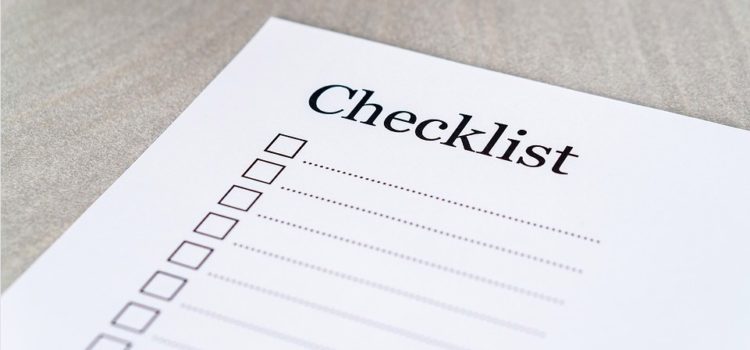
Night Before:
- Save the address in Google Maps.
- Plan your route (+30 min buffer).
- Note interviewers’ names.
- Lay out your outfit.
- Get good sleep.
Day Of:
- Eat a decent breakfast.
- Stay hydrated (skip too much coffee!).
- Arrive early (but not too early—10 mins is perfect).
- Be polite to reception.
- Take deep breaths and relax.
During the Interview

First impressions count!
Do this when you walk in:
- Firm handshake (if possible).
- Clear introduction + thank them.
- Be friendly—they want to see your personality.
FAQs for Interview Processes
Why do entry-level positions have simpler interview processes?
Entry-level roles typically focus on assessing basic skills, cultural fit, and willingness to learn, as they don’t require advanced technical expertise or leadership abilities.
What can I expect in an interview for a graduate position?
Graduate roles often involve multiple rounds, including technical assessments, case studies, and group exercises. You will also be evaluated on your ability to adapt and your alignment with the company’s values and goals.
How do I prepare for interviews for senior roles?
For senior roles, you should focus on demonstrating your leadership experience, strategic thinking, and problem-solving abilities. Be prepared for in-depth behavioral interviews and technical challenges that test your expertise.
How does the interview process differ in larger companies?
Larger companies tend to have more structured, multi-stage interviews, with multiple rounds focused on different aspects of the role. Expect psychometric tests, technical assessments, and group exercises in addition to traditional interviews.
How do I handle a multi-round interview process?
Prepare by understanding the structure of the process and focusing on different skills for each round. Be consistent in demonstrating your abilities and fit for the role while adapting to the focus of each interview stage.
What should I do if I’m asked to complete a technical assessment in the interview?
Review key concepts and skills related to the role beforehand. Practice with sample problems or tests to ensure you’re prepared. During the assessment, stay calm, take your time, and explain your thought process clearly.
How can I stand out in a competitive interview process?
Focus on demonstrating not only your technical skills but also your emotional intelligence, cultural fit, and leadership potential. Prepare thoroughly, show confidence, and be adaptable throughout each stage of the process.
Conclusion
The interview process will vary significantly depending on the role, company, and competition for the position. While entry-level roles tend to involve simpler, more straightforward interviews, senior positions and competitive roles typically require more in-depth assessments. Larger companies often implement structured, multi-stage processes to ensure candidates are a strong fit for both the role and the organizational culture.
By understanding the expectations for different levels of roles and preparing accordingly, you can approach the interview process with confidence. Whether you’re applying for an entry-level job or a senior leadership position, preparation, research, and adaptability are key to navigating the interview successfully.
